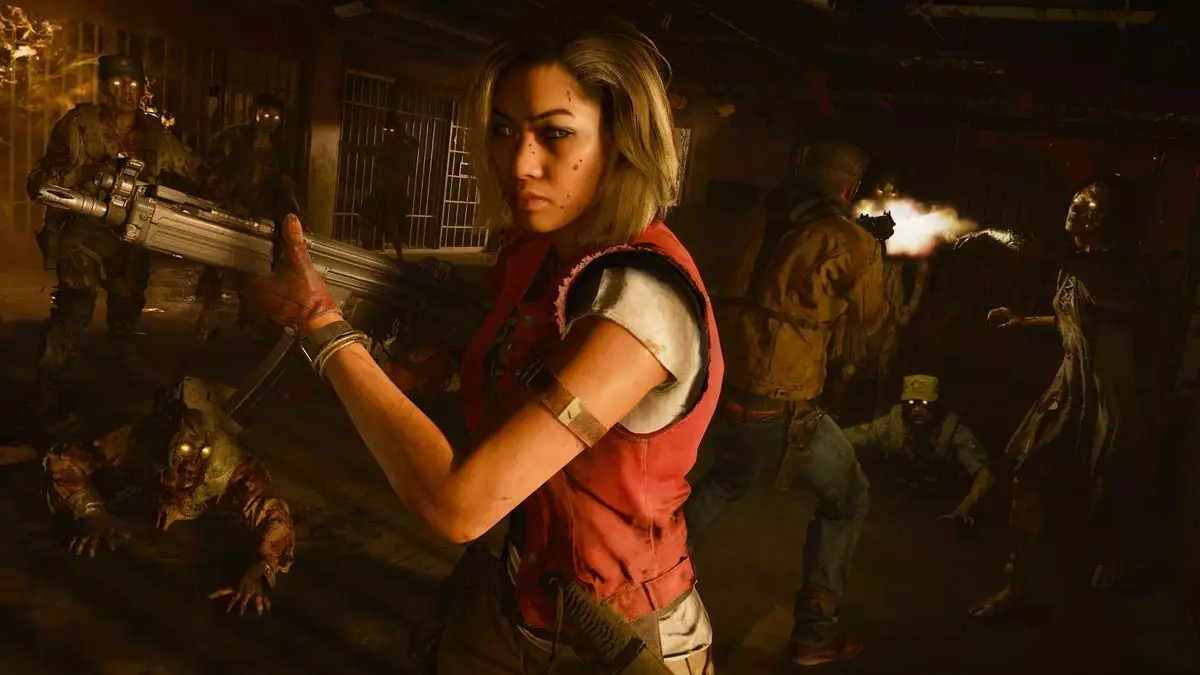The online gaming world is rife with competitive play, thrilling victories, and the ever-looming shadow of cheating. As developers strive to create a fair gaming environment, they implement anti-cheat systems designed to protect innocent players. However, a recent revelation regarding the Ricochet anti-cheat system in “Call of Duty: Modern Warfare 3” and “Warzone” underscores the vulnerabilities these systems can have. The narrative, as told by a hacker going by the alias Vizor, sheds light on the alarming ease with which innocent players can find themselves unjustly banned, enhancing concerns over the integrity of online gaming.
According to Vizor, thousands of players have fallen victim to a flaw within the Ricochet system that was previously deemed robust. While Activision, the game’s developer, acknowledged the existence of an exploit, stating only a “small number of legitimate players” were affected, Vizor contests that the real number is significantly higher. As they recounted their ability to manipulate the system with a sense of misguided humor, it paints a troubling picture of how easily the integrity of competitive play can be compromised.
Explaining their nefarious tactics, Vizor outlined a method that seems almost crude compared to the high-tech nature of today’s gaming security. By identifying specific “hardcoded text” strings that Ricochet used to flag cheaters, Vizor was able to message unsuspecting players with these phrases, which led to immediate and automatic bans. This primitive exploitation raises critical questions regarding the sophistication of anti-cheat measures and their dependence on narrow parameters.
The Hollow Promises of Security
The Ricochet anti-cheat system was purportedly designed to provide players with a level of confidence that cheating would be promptly addressed. However, the simplicity of Vizor’s approach suggests a failure on the development side to anticipate how their system could be manipulated. The fact that a player could even exploit such a vulnerability indicates that the measures taken to combat cheating were not as robust as claimed.
For instance, Vizor took advantage of a specific cheat term, “trigger bot,” which is designed to automate gunfire whenever a target is in sight. In a twist of irony, Vizor inadvertently banned themselves while testing the exploit by messaging themselves with the term. This incident underscored how easily the system could misinterpret harmless messaging as malicious behavior, leading to consequences without due process or error correction.
The Community’s Role and Ethical Dilemmas
The exploit sparking a cascade of unfair bans showcases the delicate balance between enforcement and fair play within the gaming community. Players invest not only time but also emotional energy into their gaming experiences, making arbitrary bans deeply demoralizing for innocent participants. Moreover, this incident raises ethical questions about the responsibility of both players and developers: how far should one go for amusement at the expense of others?
In response to Vizor’s systemic exploitation, the developer’s response was to issue updates and “unban” affected players. Yet, the mere act of rescinding a ban does not erase the initial harm caused. The emotional toll on gamers who have invested hours into developing their skills, only to be unceremoniously barred from their community, reflects deeper issues within the ecosystem of online gaming.
The aftermath of this scandal represents an opportunity for both developers and gamers to engage in a productive dialogue about fair play. Anti-cheat systems must evolve beyond simplistic parameters and hardcoded triggers. Investing in technology that involves more nuanced methods of identifying cheating—possibly leveraging machine learning—could reduce the risk of unjust bans.
Additionally, this situation serves as a stark reminder to the gaming community about the importance of reporting issues transparently. Developers should learn from incidents like the one Vizor orchestrated and remain vigilant in refining their systems to safeguard against future exploits.
While the gaming industry continues to advance technologically, communication and ethical considerations must be prioritized to protect the integrity of competitive play. The saga of the Ricochet anti-cheat system should serve as a cautionary tale, inspiring efforts that prioritize fairness and respect among players in the ever-evolving landscape of online gaming.


Leave a Reply